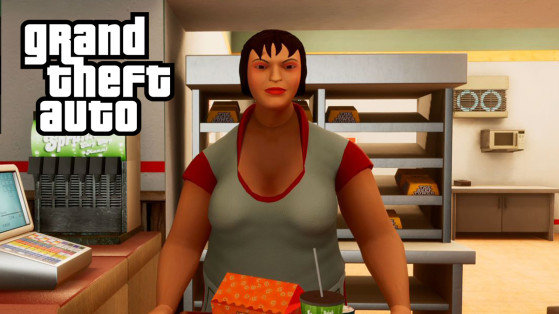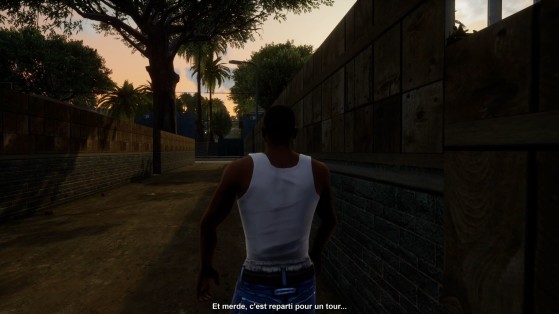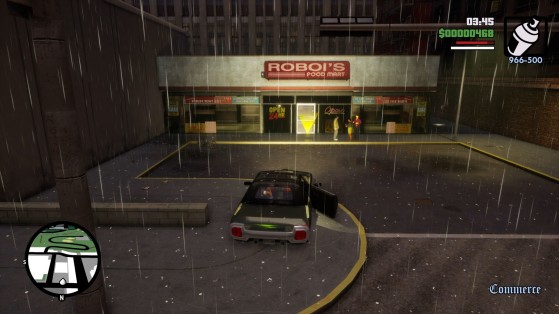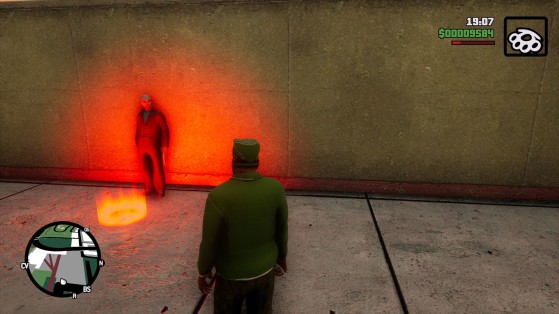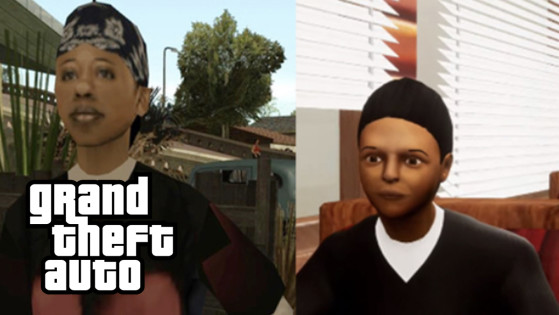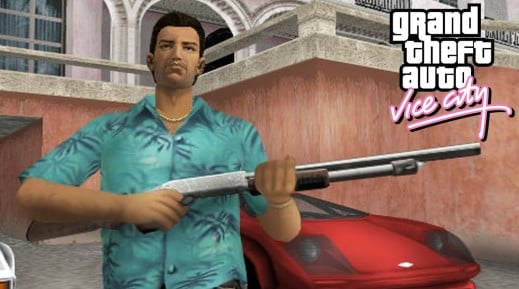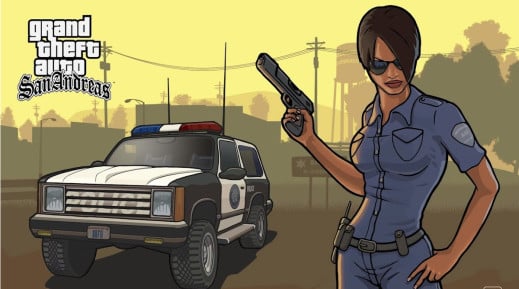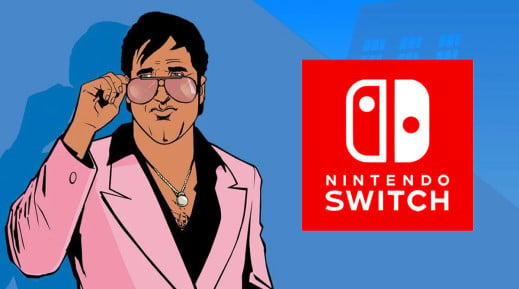Grand Theft Auto: The Trilogy - The Definitive Edition, announced ahead of the 20 year anniversary of GTA 3, came with a lot of hype before its release.
Promising fully enhanced graphics, new resolution options, and gameplay revamped to fall in line with the behemoth GTA V, is this new anthology worth the investment?
GTA Trilogy: The Definitive Editon - Key Info
- Genre: Open-World Action
- Release Date: 11/11/2021
- Platforms: PS4, PS5, Xbox One, Xbox Series X|S, Nintendo Switch, PC
- Developer: Grove Street Games
- Publisher: Rockstar Games
- Price: USD $59.99 / GBP £54.99 / EUR €59.99
- Review Version: PS5
Living up to the legacy...
It's impossible to remain indifferent when it comes to rediscovering games that redefined the genre and concepts of open-worlds; games which had such a profound impact on our lives as players. So, when it was announced that we'd be able to partake in the adventures of Claude, Tommy Vercetti, and Carl Johnson once more, all wrapped up in a new Unreal Engine-based package, we were understandably hyped.
This hype was increased further with the release of a solitary trailer, with its new lighting management, textures, and sizeable number of visual treats across all three games.
However, the reality of what we now have in our hands is the polar opposite of that early hype. While the three titles are cult classics, that will always be looked upon favourably for their influence, this remastered GTA Trilogy is a colossal failure in delivering on that early hype.
Developer Grove Street Games, best known for their mobile ports of several Rockstar properties (including these three games), has not delivered on those promises. However, before expanding on why that is, it's important to add some context for those who didn't experience the trilogy first time round.
Quite simply, GTA 3 revolutionized exploration in 3D, Vice City drastically expanding on the formula, and San Andreas representing a zenith for the trilogy so loaded with content it was of unthinkable size for the day.
So ambitious in size and scale was San Andreas, it pretty much brought Sony's 128-bit PlayStation 2 to its knees, through bugs, graphical failures, and control issues. These are what the Definitive Edition aims to correct in all three games, through their move to Unreal Engine and the enhanced power of modern consoles.
In essence, however, they are exactly the same games as the originals, and ultimately what constitutes their greatest strength. While this shiny new coating won't be to everyone's liking, it doesn't take away from well-written dialogue and bombastic missions accompanying the player's rise from small fry to criminal overlord.
Promises, promises...
The product sheet promised redesigned gameplay to better fit current standards, with elements taken from GTA V - including its aiming system, infamously problematic in the original trilogy.
However, the trilogy deliberately changes little in terms of the actual game experience. There's a selection wheel for weapons and radio stations, and slightly better targeting.
Another enhancement concerns the ability to restart missions immediately if failed, something absent from the originals. This is a welcome change, and means players don't have to go through the hassle of travelling to a mission marker or rearming themselves before attempting the mission again.
That's about all we could discern in terms of the gameplay differences, with the remasters much more aesthetic than practical. They still feel far from modern third-person shooter standards, and as such can be jarring for new players.
And while there's many things that have been touched up, from character models to textures, the animations have remained unchanged. This gives rise to several ridiculous situations, that clash with what players will expect from a significant remaster.
The chances are these games are going to become meme-fodder, rather than be lauded as examples of how remasters should be done.
Damage limitation...
At the time of writing, we wonder if it's still necessary to go on. No doubt you've seen the chatter on social media; the many comparisons, bug compilations, and other failings that mar this remastered trilogy.
Our playthrough started off rather optimistically, but it wasn't to last. This trilogy feels like a disservice to all the artists who worked on the original titles, and their legacies tainted.
Which brings us to an issue symptomatic of many publishers looking to maximise revenue from their existing IP catalogues today. Rockstar has removed the originals from online stores, forcing people to buy these new versions or look towards more nefarious means of playing.
With these removals comes the loss of hundreds of associated fan mods; years of community work swept away by Rockstar for a trilogy that doesn't come cheap. When the product fails to meet the expectations that come with this kind of price tag, it feels like a betrayal of those creators.
Because ultimately, these hobbyist developers did a far better job at enhancing these titles than Grove Street has with the Trilogy Definitive Edition.
Perhaps it would have been better for Rockstar to have released remasters in the most basic sense; adding more modern resolutions and improving frame rates, but not going to so much 'trouble' that led to this premium price.
